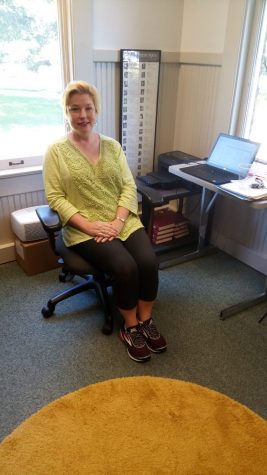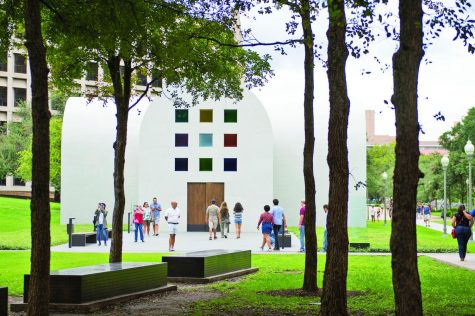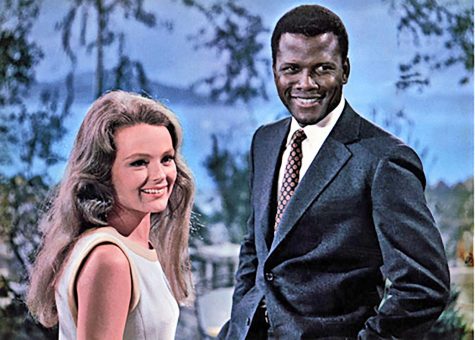Student Life offers aid to student-sponsored clubs
St. Edward’s University has been home to many student clubs over the years. Some have been tremendously successful, while others seem to collapse at the starting line. So what is the difference between a successful club and a failing club? Is there some secret formula or key to longevity?
Senior Sunil Rathore, president of the Academy of Science, said clubs succeed if they offer unique and desirable events and opportunities to their members.
“I focus on three things in creating events and structuring AOS: helping our members get into graduate/professional school, community outreach and socializing,” Rathore said.
Rathore said the group hosts a series of guest speakers, tours graduate schools, volunteers, fundraises and goes on annual camping trips to keep its members engaged.
Junior Alex Gay, president of Hilltop Herbivores, the on-campus group to support and promote vegan and vegetarian lifestyles, said some clubs disappear because of lack of interest or lack of time to hold events and meetings.
Gay also stressed the importance of effective leadership, which was a problem during his brief experience running the club in fall 2008.
“[The club] fizzled [out] due to a lack of leadership and initiative,” Gay said.
Sophomores Tony Voong, Natalie Rivera and Tiffany La co-founded H.O.U.S.E., or Helping Others Understand Service Everyday, this semester as a way to offer unique and additional service opportunities to students.
Although leadership, motivation and opportunities have been offered as secrets to club longevity, Marisa Walden, an assistant director of Student Life gave a different reason clubs survive.
“The secret or key to a successful organization is a plan and a willingness to be committed to [that] plan,” Walden said.
On-campus clubs and organizations shouldn’t feel daunted by the challenge of succeeding. The offices of Student Life offers several opportunities for club leaders to learn how to attract members and set and follow their goals in order to encourage club longevity.
Walden put together the Recognized Organizational Council for this purpose. The ROC provides funds all official student organizations can request twice a month. Walden encourages club members to take advantage of this service.
“A lot of organizations don’t come and ask us for anything—it’s there for them,” Walden said.
The ROC also offers the ROC-star Training Tour, which provides training and workshops to increase club retention and motivation. Students may also request workshops, which cover a variety of topics.
Walden said clubs that engage in the ROC-star Training Tour can benefit greatly.
“If organizations are developed and trained and constantly learning and evolving, then fundraising, recruitment and retention of members can fall into place,” Walden said.
Walden said even nationally affiliated organizations, such as the AOS, need successful club management to survive.
“It goes back to continuity. There could be a local organization with an awesome and engaged advisor that could be just as successful as an organization with a national office. I wouldn’t say that being a national organization is a guarantee of success,” Walden said.
Walden said clubs that don’t offer career-related activities and themes can be just as successful as those that do.
“The Hispanic Student Association has been incredibly successful and has had long longevity, and it’s not academically affiliated,” Walden said.
Regardless of the type of club involved, all members seem to desire the same thing: fun and friendship. According to an involvement inventory taken by St. Edward’s students during freshman orientation, students indicated the making of friends as the primary reason for any on-campus organization involvement.
“It’s the family within the family of St. Edward’s they’re looking for,” Walden said.
Walden said club members and prospective club founders at St. Edward’s shouldn’t fear failure; the offices at Student Life provide all the tools to succeed and are very receptive to students’ ideas.
“I really want students to do what they want to do,” Walden said.
FEATURES





